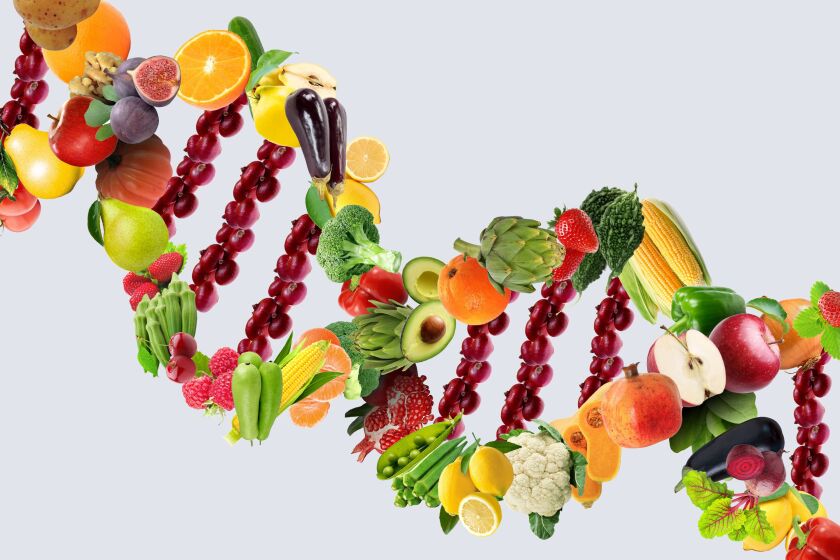
Starting your journey with Intuitive Eating might feel a bit overwhelming initially. But don’t fret – you’ve landed in the right spot. In this third installment of our Q&A series, we delve into a range of common inquiries surrounding Intuitive Eating, including the interplay between nutrition and this approach, its appropriateness for various individuals, and concerns about weight and medical advice. Dive into my insights and suggestions below to further your understanding of the Intuitive Eating journey.
Intuitive Eating Insights: Part 3
The topic of intuitive eating has sparked numerous inquiries. Don’t miss out on our discussions in Part 1, Part 2, Part 4, and Part 5 of this series.
How can one embrace intuitive eating, advocate for healthful eating, and not over-analyze every food choice? What happens if, even after adopting intuitive eating, your body doesn’t crave nutritious food?
Initially, with Intuitive Eating, nutritional considerations might need to take a secondary role. Often, when coming from a history of strict dieting, decisions rooted in “nutrition” can stem from restrictive or over-analytical thinking.
The fear of consistently desiring less healthy options is commonplace. Recognize that the dieting mindset can lead to excessive eating or feelings of lost control around specific items. However, as you become more at peace with all food varieties and trust your ability to indulge when desired, you’ll begin to discern genuine hunger and satiety cues. This transition might involve a phase of indulging more in less nutritious foods, but in time, most individuals find a balance between nutritious and indulgent options. This equilibrium paves the way for gentle nutrition.
Is Intuitive Eating viable for those with particular health issues? Given that I’m prediabetic and my physician suggests a low-carb regimen, how should I proceed?
Let’s clarify: Intuitive Eating suits everyone. While diets might pose health risks due to imposed restrictions, granting yourself the freedom to enjoy all foods can curb tendencies to overeat. You then make choices based on self-awareness and self-care. For someone prediabetic, this might involve enjoying a donut but then introspectively assessing its impact on your energy and blood sugar levels. Over time, you’ll correlate certain foods with feelings of well-being.
For instance, I once mentored a prediabetic individual who struggled with carb management. Once she adopted Intuitive Eating, she felt more satiated, began enjoying food more genuinely, and her triggers significantly reduced. After establishing a comfortable relationship with food, you can gently integrate nutritious choices to bolster your health.
During a medical visit, I was labeled “overweight” based on my stature and was advised to shed some pounds for a preferable BMI. Is it truly vital to lose weight to be deemed “healthy”?
This perspective is unfortunately prevalent in healthcare. First, terms like “overweight” or “obese” are medical jargon that, in many ways, oversimplify and stigmatize body sizes. The BMI, initially a statistical tool created two centuries ago by a mathematician (not a health expert), wasn’t designed to gauge individual health.
Body size and weight are influenced by a myriad of factors, including genetics, environment, and personal history. Although weight loss might seem like a societal gold standard, Intuitive Eating does not guarantee any specific weight outcome; outcomes vary from person to person.
For those on the Intuitive Eating journey, if weight concerns arise, consider:
- Shifting your focus away from weight. Understand that weight alone isn’t a holistic health measure.
- Cherishing the positive changes you’ve experienced, be it in your relationship with food, self-worth, or health.
- Cultivating body acceptance and respect. A recommended read for this is “Body Kindness.”
Understandably, societal pressures may still sway your perception of weight. However, remember that the societal definition of “normal weight” is incredibly narrow. While achieving a specific weight might be elusive, you can always choose to lead a joyful life, caring for and respecting your body, irrespective of its size or weight.



